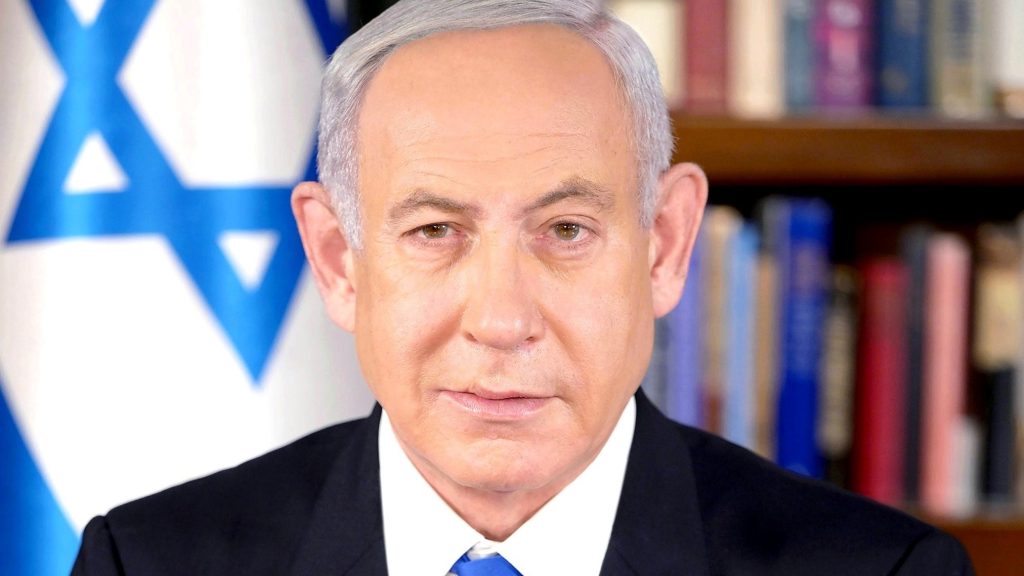Israel’s prime minister sees a new opening to rescue hostages in Gaza after recent battles with Iran.
Others are reading now
Israeli Prime Minister Benjamin Netanyahu said Sunday that new chances have appeared to help bring home the hostages still being held in Gaza. Speaking in a video message, he said these openings came after what he called Israel’s “victory” in the recent conflict with Iran.
According to Israeli sources via Digi24, about 50 hostages are still in Gaza. Israel believes that only around 20 of them are still alive.
The Hostages and Missing Families Forum, which supports the relatives of the kidnapped, said it was glad to see Netanyahu finally making the hostages a top priority.
“After 20 months, the families are relieved to see the prime minister focus on bringing them home,” the group said.
Also read
Calls for Ceasefire Grow
The fighting in Gaza has not stopped, even after the war with Iran.
U.S. President Donald Trump wrote online that a ceasefire “could happen next week” and urged both sides to “find a deal in Gaza.”
But peace talks have stalled because Israel demands Hamas surrender and give up its weapons—something the group refuses to do. Meanwhile, efforts continue behind the scenes, including recent talks between Turkish intelligence officials and Hamas leaders.
Gaza Death Toll Rises Again
While talk of a ceasefire continues, attacks in Gaza have killed more civilians.
On Sunday alone, 34 people were reported dead, including children. Many more were hurt.
“They bombed us while we were sleeping. Two of my children are dead, and the others are in intensive care,” said Iman Abou Marouf, a woman whose family was hit in a refugee tent area in al-Mawassi, in southern Gaza.
In another airstrike in northern Gaza’s Jabalia, 11 people were killed. Four others died near a food distribution center while trying to collect aid, according to Gaza’s Civil Defense.
Hunger Crisis Worsens
Gaza’s food crisis is getting worse. Israel began a near-total blockade in March, which made it very hard to get food, medicine, and other supplies. Though Israel loosened the blockade slightly at the end of May, aid deliveries remain difficult.
The Gaza Humanitarian Foundation (GHF), set up with help from Israel and the U.S., is now trying to distribute aid. But the process has been chaotic, and aid workers say the system is failing to keep people safe.
The United Nations warned that the current system is “inherently unsafe.” According to Gaza’s Health Ministry, at least 583 people have been killed near aid distribution sites since GHF began operations.
The World Health Organization added that the amount of aid reaching Gaza is far too small to meet the urgent needs of over 2 million people, many of whom are starving or sick.


